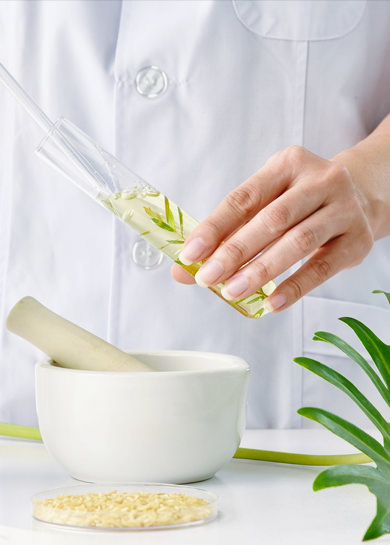
Phytotherapy is the use of plants for the prevention and treatment of diseases. Contrary to popular belief, phytotherapy is not a treatment without side effects. On the contrary, herbal treatments can involve intense side effects. In our country, there are many patients and their relatives who have applied uncontrolled herbal treatments and ended up in hospitals due to toxicity. The side effects of standardized or rather drug-extracted herbal phytotherapy are limited.
Phytotherapy is a specialization in medicine. The authority to use phytotherapy (herbal treatment) in diseases is a treatment method that can only be used by medical doctors who have received phytotherapy training approved by the Ministry of Health in Turkey. Applying herbal treatment to patients without training in this field (such as herbalists, chemists) is a crime and has severe legal consequences.
Unfortunately, despite having a rich plant flora, phytotherapy and its areas of use in Turkey are far behind the world. In recent years, some progress has been made as a result of renewals carried out by the Ministry of Health, albeit to a small extent.
In the world and developed countries, the use of chemical drugs directly in diseases has become outdated. This new perspective in the field of medicine considers food supplements for disease prevention and herbal drugs as the first choice in case of illness, followed by the use of chemical and other radical treatments. For example, the most common ailment in young children, accounting for about 85% of cases, is upper respiratory tract infections. Considering how often a child gets sick during a winter season, we can understand how much antibiotics their body receives. However, upper respiratory tract infections respond to herbal treatments in certain proportions without causing any harm to the child's body.
It is much more effective than the use of antibiotics and other chemical drugs. For example, when a mixture of mint oil is applied to the back of a 6-7-year-old child who has an unrelenting cough with certain chemical drugs, the child's cough significantly decreases in a very short time. From this perspective, phytotherapy is one of the most effective factors in complementary medicine.
When we look at the world starting from our country, we see that almost two-thirds of the shelves in pharmacies in countries such as China, India, and other Asian countries are covered with herbal remedies. Similarly, in the United States, one of the most advanced countries in terms of health, we see that three-quarters of pharmacies are filled with herbal drugs.
In short, phytotherapy (herbal treatment) is a method that requires expertise and will leave its mark on the treatment of diseases in the near future.
Respectfully yours,
Dr. Mehmet İlteber Bahadır
